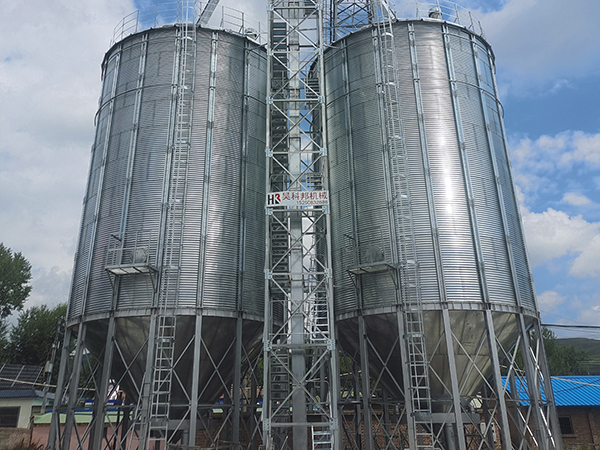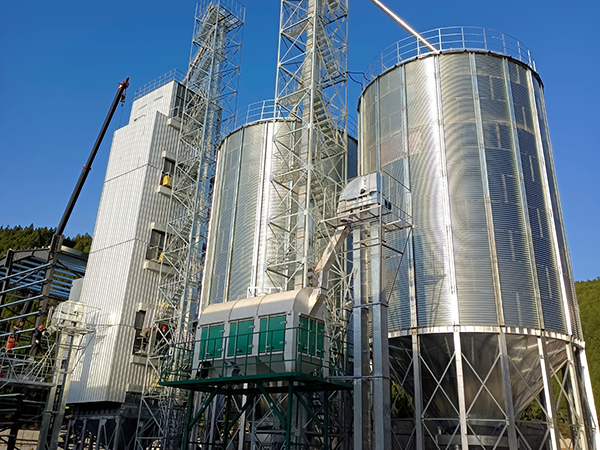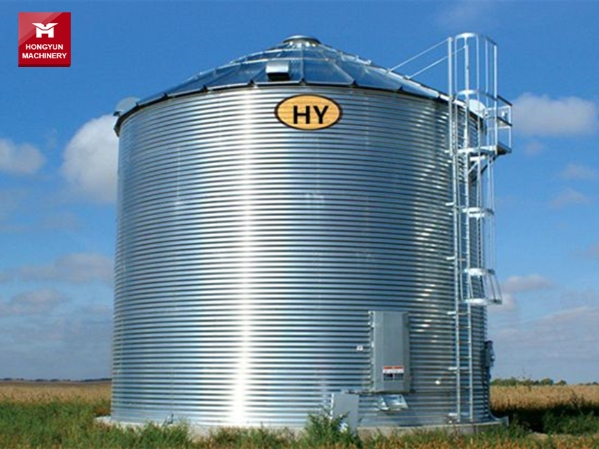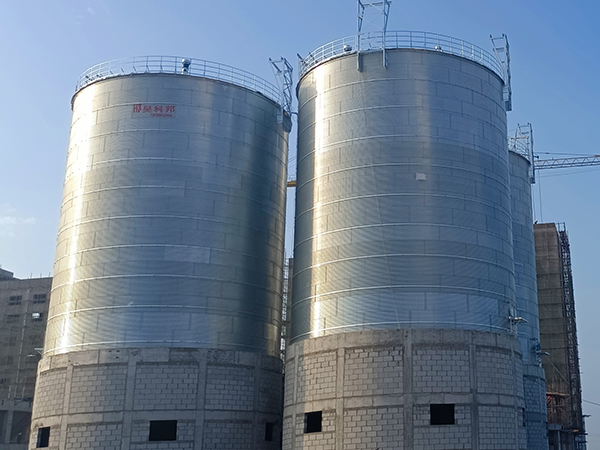Peanut storage silo price in Uganda,Africa-Coban
Peanut storage silos are vital for agricultural storage, with prices influenced by capacity, material, supplier reputation, and cost-benefit analysis. Factors such as long-term savings, market competitiveness, environmental considerations, market supply and demand, policy impacts, and technological advancements play crucial roles in procurement decisions and economic benefits for investors.
- Main Advantages of Wheat Silo in Uganda
- Main Functions of Wheat Silo in Uganda
- Corn mill factory in Mali
- Maintenance Methods for Wheat Silo in Uganda
- Maintenance Methods for a Rice Silo in Uganda
- Wheat mill supplier in Malawi
- Installation Process of a Rice Silo in Uganda
- Structural Composition of a Rice Silo in Uganda
- Flour mill sale in Rwanda
- Main Advantages of Rice Silo in Uganda
- Primary Functions of Rice Silo in Uganda
- Grinding mill cost in Libya
In the agricultural industry chain, the storage segment is crucial for ensuring product quality and reducing losses. For peanuts, a widely cultivated crop, choosing the right storage silo not only improves storage efficiency but also brings considerable economic benefits to investors. This article will delve into the relevant information about peanut storage silos, including factors affecting the peanut storage silo price.
Procurement Decisions
When deciding to invest in peanut storage silos, the peanut storage silo price is an indispensable key factor.
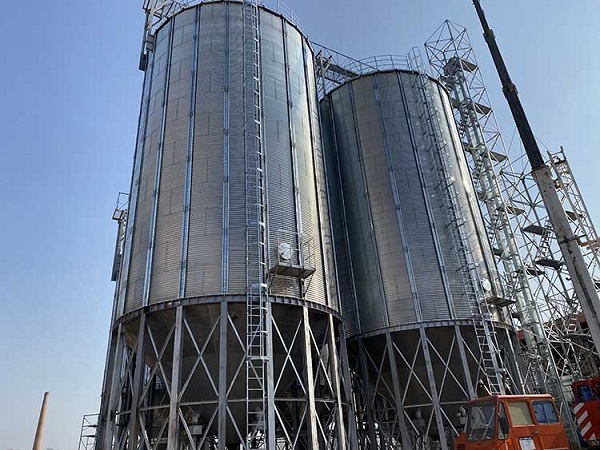
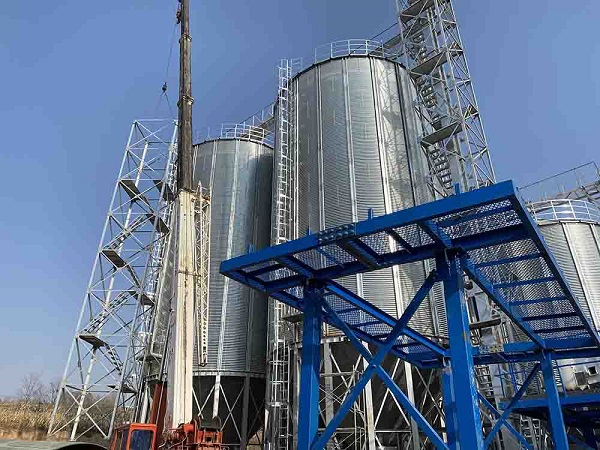
Capacity and Scale of the Storage Silo
Investors need to choose a storage silo with an appropriate capacity and scale based on their storage requirements and financial situation. Reasonable capacity planning can maximize the use of space and reduce unnecessary costs.
Material and Technology of the Storage Silo
Storage silos of different materials and technologies vary in price. High-quality materials and advanced technologies can improve the durability and functionality of the storage silo but may come with higher initial investments.
Reputation and Service of the Supplier
Choosing a reputable supplier ensures the quality of the storage silo and after-sales service. Good suppliers provide high-quality products and sufficient support in after-sales services.
Cost-Benefit Analysis
A cost-benefit analysis of the peanut storage silo price can help investors better understand its long-term value.
Savings on Long-Term Operating Costs
High-quality storage silos can reduce maintenance and repair costs in the long run. By reducing the loss of peanuts during storage, investors can gain higher economic returns.
Enhancing the Market Competitiveness of Peanuts
Good storage conditions can maintain the quality of peanuts and enhance their competitiveness in the market. High-quality peanuts can attract more buyers, increasing sales prices and market share.
Consideration of Environmental Factors
In the cost-benefit analysis, the impact of environmental factors on the storage silo should also be considered. For example, temperature and humidity control and ventilation conditions are crucial for maintaining the quality of peanuts.
Market Supply and Demand
Market supply and demand are another important factor affecting the price of peanut storage silo.
Seasonality of Agricultural Production
The seasonal characteristics of peanut production have a direct impact on the demand and price of storage silos. During the peanut harvest season, the demand for storage silos increases, which may lead to a short-term rise in prices.
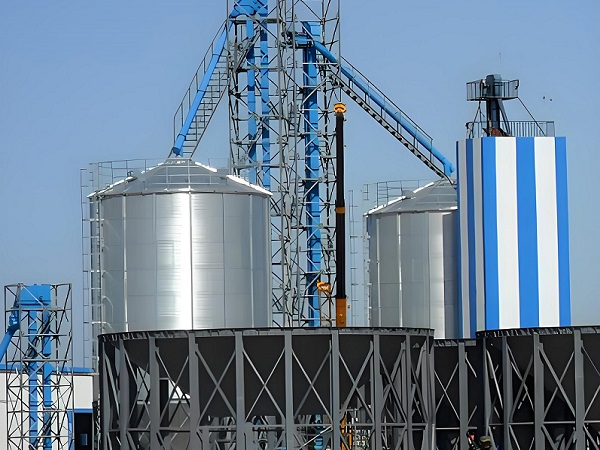
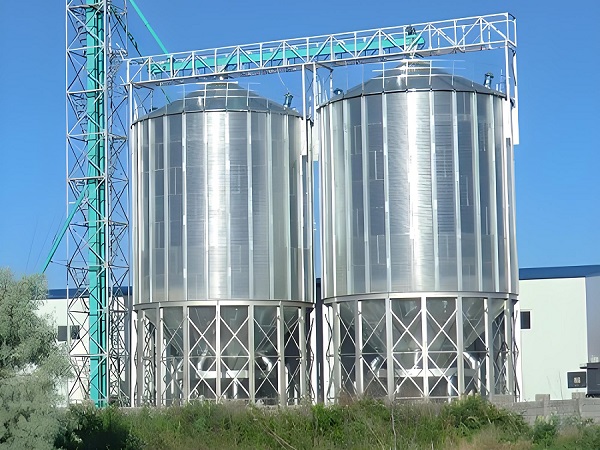
Impact of Policies and Regulations
National policies and regulations on agricultural support and storage facilities also affect the price. For instance, government subsidy policies can reduce the procurement costs for investors, improving the affordability of storage silos.
Technological Advancement and Innovation
Technological advancements and innovations can reduce the production costs of storage silos, thereby affecting market prices. The application of new technologies not only improves storage efficiency but may also reduce the manufacturing costs of storage silos.

